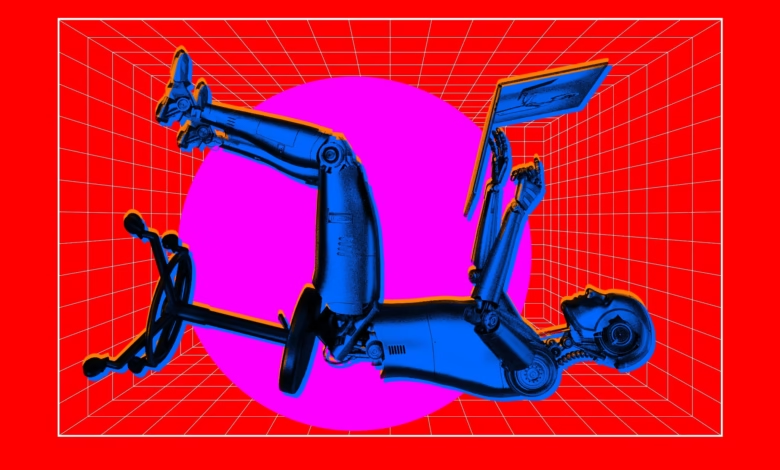ChatGPT’s Data Pollution Threatens Future AI Progress

▼ Summary
– The rise of AI-generated content is polluting the internet, making it harder for future AI models to learn from high-quality human-created data.
– AI “model collapse” occurs when models increasingly train on AI-generated data, degrading output quality and intelligence over time.
– Pre-2022 data is now highly valuable, similar to “low-background steel,” as it remains uncontaminated by AI-generated content.
– Researchers warn that cleaning AI-polluted data may be impossible, and early AI pioneers could gain an unfair advantage by accessing cleaner training data.
– Stronger regulations, like labeling AI content, could mitigate pollution, but enforcement is challenging due to industry resistance to government interference.
The explosive growth of ChatGPT and similar AI tools has flooded the internet with low-quality synthetic content, creating a troubling cycle that could undermine the very systems designed to learn from online data. This phenomenon, known as model collapse, occurs when AI-generated material contaminates training datasets, causing future models to degrade as they increasingly mimic artificial outputs rather than authentic human creations.
Experts compare this dilemma to the scarcity of low-background steel, metal forged before nuclear testing contaminated the atmosphere with radioactive particles. Just as pre-1945 steel remains essential for sensitive medical equipment, pre-2022 data has become a precious resource for AI developers seeking uncontaminated training material. Maurice Chiodo, a researcher at the University of Cambridge, warns that without access to clean datasets, the AI industry risks stagnation, with early players gaining an insurmountable advantage by hoarding high-quality pre-ChatGPT data.
The problem extends beyond training limitations. Retrieval-augmented generation (RAG), a technique that lets AI pull real-time web data, now faces reliability issues as the internet fills with machine-generated noise. Studies show this contamination leads to more erratic and unsafe chatbot responses, compounding concerns about AI’s long-term viability. Meanwhile, the industry’s reliance on scaling, throwing more data and computing power at models, has hit diminishing returns, with some experts declaring a “wall” in AI progress if datasets remain polluted.
Potential solutions, like mandatory AI-content labeling, face steep hurdles. Regulatory hesitation, driven by fears of stifling innovation, leaves the problem unchecked. Rupprecht Podszun, a legal scholar who collaborated with Chiodo, notes this pattern mirrors past technological booms where oversight lagged until crises emerged. Without intervention, the AI sector may find itself trapped in a self-sabotaging loop, where each generation of models produces weaker outputs, ultimately jeopardizing the field’s future.
The stakes extend beyond technical challenges. If unchecked, data pollution could centralize AI development in the hands of a few early adopters, stifling competition and innovation. As the industry grapples with these risks, the clock ticks on finding ways to preserve the integrity of the digital ecosystem before it’s too late.
(Source: Futurism)